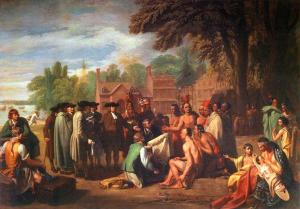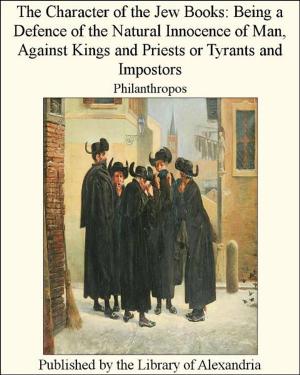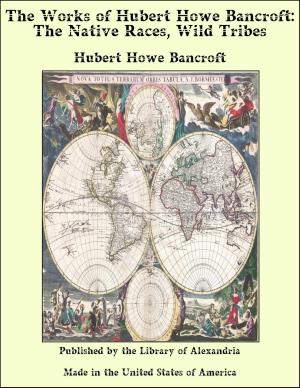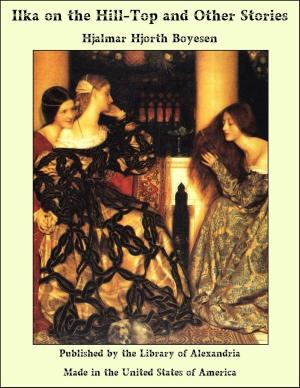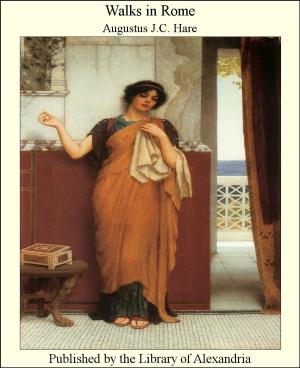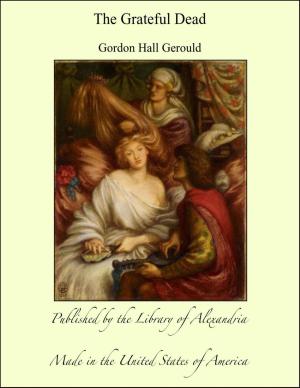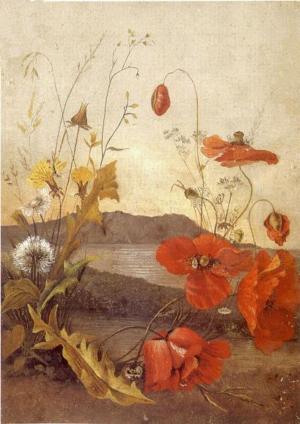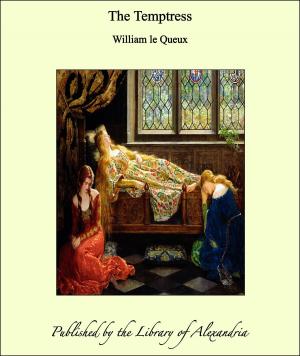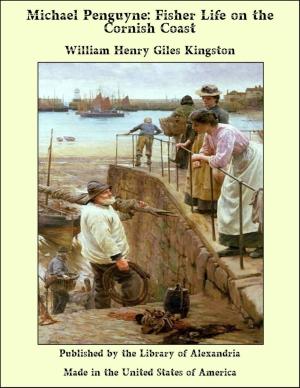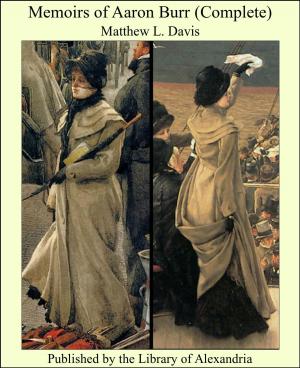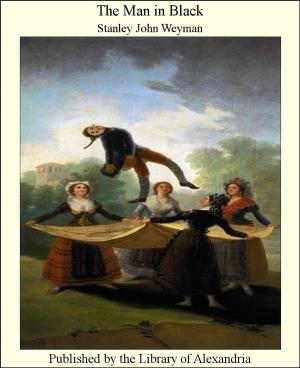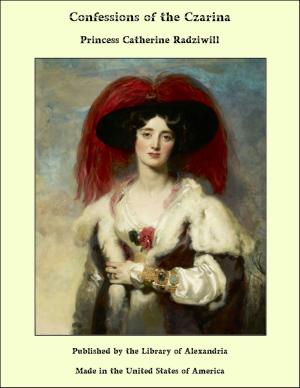Zigzag Journeys in the White City With Visits to the Neighboring Metropolis
Nonfiction, Religion & Spirituality, New Age, History, Fiction & Literature| Author: | Hezekiah Butterworth | ISBN: | 9781465621481 |
| Publisher: | Library of Alexandria | Publication: | March 8, 2015 |
| Imprint: | Language: | English |
| Author: | Hezekiah Butterworth |
| ISBN: | 9781465621481 |
| Publisher: | Library of Alexandria |
| Publication: | March 8, 2015 |
| Imprint: | |
| Language: | English |
MANTON MARLOWE was the Superintendent of the Public Schools, and the President of the Folk-Lore Society in his native town, which consisted of a New England village surrounded by a wide extent of country. He was usually the chairman of the Committee on Patriotic Celebrations; and he took an active interest in the Society for Schoolhouse Decorations, and in the Society for the Improvement of the Country Roads. He was a Sam Adams-like man, always busy in some plan for the public good. His father was Ephraim Marlowe, the Quaker, and he had a son named Ephraim, a lad some fifteen years old,—“old Ephraim and young Ephraim,” the townspeople called them. The Village Improvement and Folk-Lore Society, as an active organization in the old town had come at last to be called, passed some singular resolutions in the spring of 1893. This society had begun as a village improvement effort; but it had found so many old traditions and legends in its historic work that it had added to it the Historic Society, under the name of the Folk-Lore Society. The workers in this organization had given a number of entertainments on the evenings of patriotic holidays, and had saved several hundred dollars for public use. Manton Marlowe had been the leading mind in these societies. He had arranged the entertainments for the holiday evenings, had conducted excursions into historic fields, had been a leader in the repair of old roads and the marking of historic places. He was a good story-teller, and he had collected the old traditions of the place, and related them in story-telling lectures to the last society.
MANTON MARLOWE was the Superintendent of the Public Schools, and the President of the Folk-Lore Society in his native town, which consisted of a New England village surrounded by a wide extent of country. He was usually the chairman of the Committee on Patriotic Celebrations; and he took an active interest in the Society for Schoolhouse Decorations, and in the Society for the Improvement of the Country Roads. He was a Sam Adams-like man, always busy in some plan for the public good. His father was Ephraim Marlowe, the Quaker, and he had a son named Ephraim, a lad some fifteen years old,—“old Ephraim and young Ephraim,” the townspeople called them. The Village Improvement and Folk-Lore Society, as an active organization in the old town had come at last to be called, passed some singular resolutions in the spring of 1893. This society had begun as a village improvement effort; but it had found so many old traditions and legends in its historic work that it had added to it the Historic Society, under the name of the Folk-Lore Society. The workers in this organization had given a number of entertainments on the evenings of patriotic holidays, and had saved several hundred dollars for public use. Manton Marlowe had been the leading mind in these societies. He had arranged the entertainments for the holiday evenings, had conducted excursions into historic fields, had been a leader in the repair of old roads and the marking of historic places. He was a good story-teller, and he had collected the old traditions of the place, and related them in story-telling lectures to the last society.

